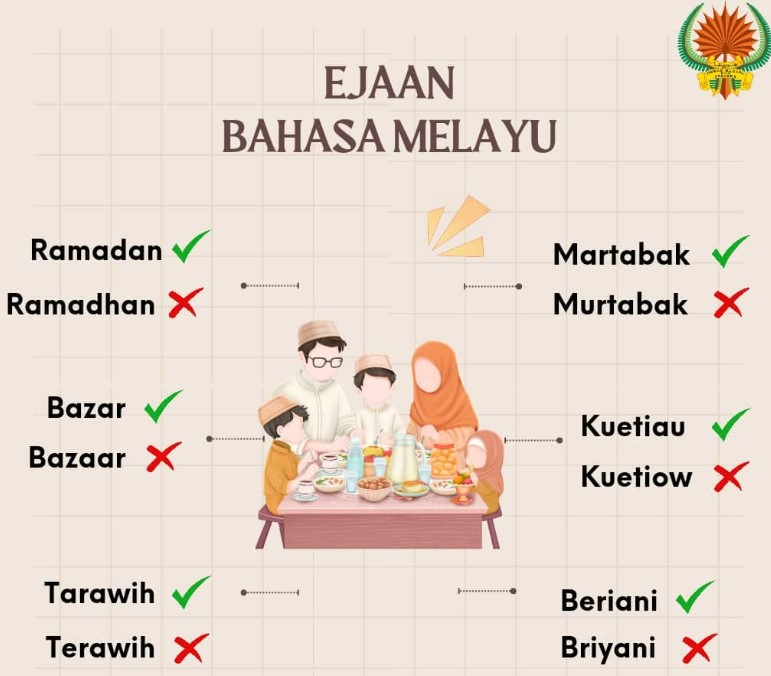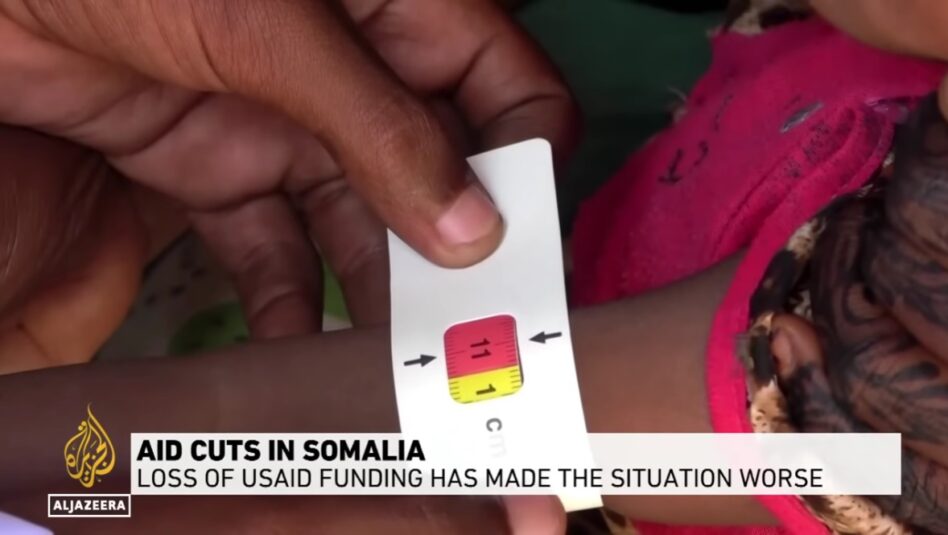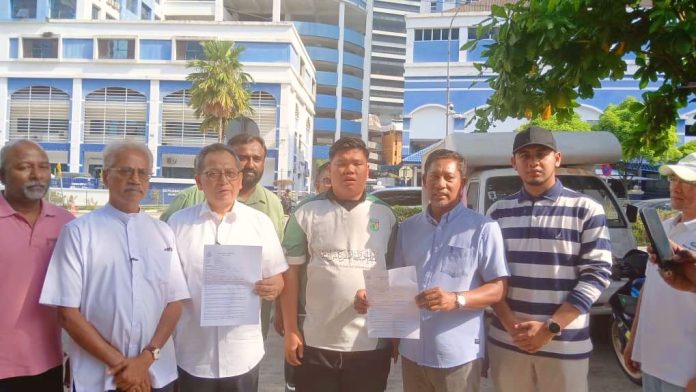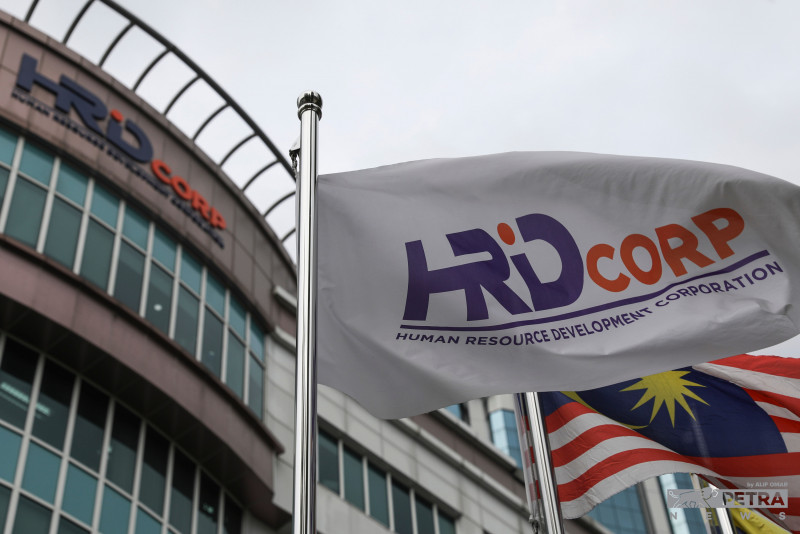REGULATING social norms that do not break any moral or ethical standards is almost as pointless as speaking Malay to the Eskimos who have never heard a word of the language.
Social norms arise through a combination of cultural values, collective behaviour and societal expectations. Over time, they become established patterns of behaviour that guide individuals’ actions and interactions within a given society.
The evolution of language is one aspect of social norms. What used to be “How fare thee?” is “How are you?” in the English-speaking world today.
There never was any English language police from yore who would round up those who did not use the “proper” words, grammar or spelling – and then banish them from their families or burn them at the stake.
Language evolves based on cultural changes and linguistics innovation. So, it came as a shock that Dewan Bahasa dan Pustaka (DBP) recently shared on its social media, several words in the Malay language that many Malaysians have spelt wrongly.
This includes “Murtabak” now read as “Martabak,” “Bazaar” as “Bazar,” “Kuetiow” as “Kuetiau,” “Briyani” as “Beriani” and “Ramadan” as “Ramadhan”.
What business has DBP to mandate how words are spelt? Rightfully, language, including spellings, are meant to evolve based on social norms and trends.
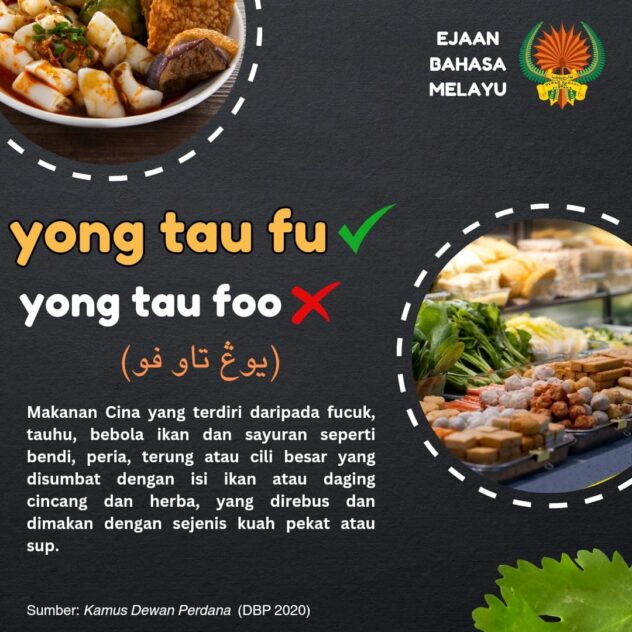
Take the word “Martabak”. In reality, most places selling the pan-fried bread with meat fillings use “Murtabak” on their signages. Moreover, in daily conversations – or even in Malay dailies – “Murtabak” is far more commonly used.
How did the DBP come up with the “correct” spellings? Do DBP officers pluck from thin air spellings they deem as “proper” with no regard to the prevailing linguistic preferences of those who use the language?
So instead of appointing itself as the language police coming up with seemingly arbitrary “proper” spellings, perhaps DBP should focus more on promoting and enriching the national language which is Bahasa as per its founding objectives.
It could even showcase some of the rich Malay literature or the beauty of simplicity afforded by the language widely spoken not only in this region but also used as far as South Africa, Mauritius and Suriname.
Regulating spellings should not be a priority for DBP which should rightfully allow the language to evolve and grow. Tightly regulating the dos and don’ts of a language like Malay may only spell its slow demise. – March 14, 2024


